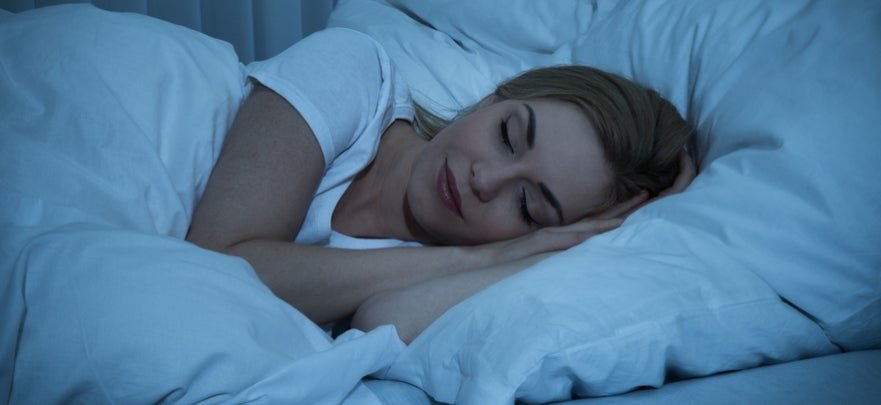How To Create an Ideal Sleep Space
Sleep is just as important as diet and exercise to our health. Gyms and workout areas are organized to make exercising easy. We should have kitchens organized to make meal preparation easy. Similarly, our bedrooms and sleep areas should be optimized for one of our most important activities – sleep.
Unfortunately, most of us have bedrooms that are not great places for sleep. Let’s see what makes an ideal sleep space:
- First, the bedroom should be about sleep. Other rooms are for entertainment, cooking, lounging, etc. Think about your bedroom just as you might your bathroom. It has a specific purpose and it needs to be set up to meet that purpose well.
- In order to make that sleep space a calming, restful area; clean it out. Keeping your bedroom uncluttered, organized, and simple reinforces that calming effect when we are headed off to bed. An untidy room full of random objects is going to stimulate your brain just when you want it winding down. Step one in this process – get rid of the TV in the bedroom. TVs are for other rooms. Avoid the temptation to fall asleep watching TV or using TV as a wind down. TVs, like computers, emit blue light which mimic daylight and tell our bodies they need to be awake – exactly what we don’t want as we head off to sleep.
- Just as with the TV, keep all electronics out of the bedroom. Use your computer, tablet, and phone in other rooms dedicated to work and entertainment. Even when off, these devices emit light. When in use, they definitely emit blue light, which again, tells your body to be awake! We bring these items into the bedroom before bed and they create light that wakes you up…and what we are looking at stimulates our brain. Neither are good ways to kick off restful sleep. With regard to light, even alarm clocks can create distracting light. Use a non-digital analog clock instead that does not emit light.
- Next, keep working on making sure your room is dark. Use heavy curtains over windows. If you must have your phone in your bedroom, then flip it over so the screen doesn’t pop on through the night and emit light. You can also change its settings to put into “sleep mode” through the night. Similarly, if you need to use your computer before bed, try to use a setting that reduces the blue light it emits. You can purchase products that actually reduce the blue light your computer screen or tablet generates.
- Just as light can wake us up or keep us from falling asleep, noise can do the same. Make sure to make your room as quiet as possible. Studies show that inconsistent sounds are the ones that disturb our sleep the most. If you can’t get rid of certain sounds such as trucks rumbling down the street at night, then invest in a noise machine that keeps a consistent level of noise in place. Take out anything in your bedroom that might be noisy…this might also mean banishing pets from the bedroom at night! If your partner snores…you may want to have them investigate whether they have sleep apnea as a first step. Sleep apnea is a serious medical condition. You may also want to invest in ear plugs as well!
- Make an investment in your bed. Mattresses are meant to last about a decade. If yours has lost its form, consider getting a new one. If you have a partner that tosses and turns, then consider getting a larger bed or a bed that has structural partitions such as a “sleep number” bed which better isolates their tossing and turning. Again, pets and children can represent significant sources of sleep disturbance as well. Make sure to manage these disturbances for better sleep.
- Finally, keep your bedroom cool. Open a window or turn the air conditioning on just before bed. Studies have shown that cool temperatures that mimic nighttime outside stimulate our bodies to prepare for sleep. You can target a temperature around 65 degrees or so. Sleeping with fewer clothes or lighter clothes can make you feel cooler and also make you more comfortable.
The bedroom is where you invest in one of your most important activities – sleep. Don’t turn your bedroom into an entertainment center or office. Taking these steps will help make your bedroom an ideal sleep space!






